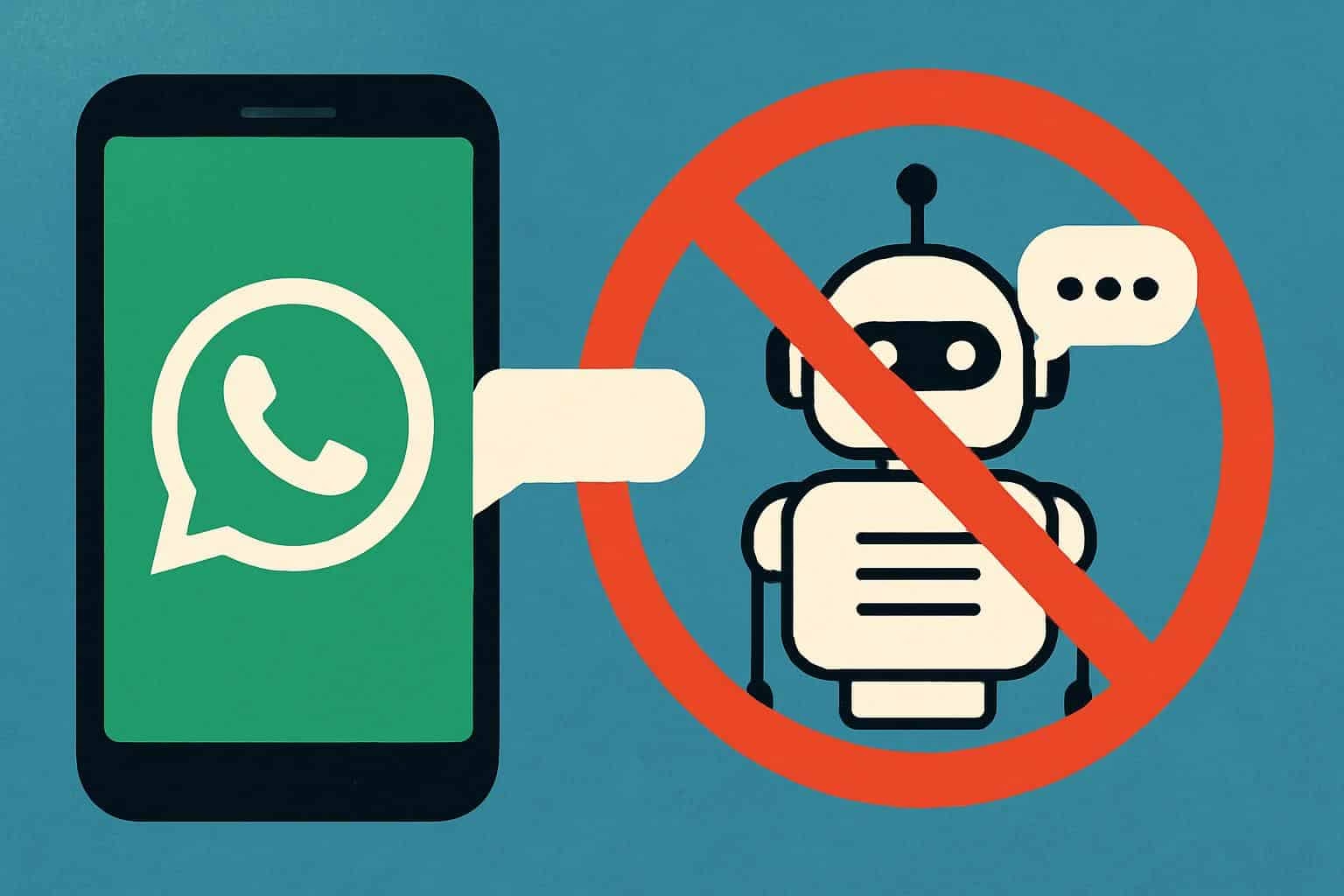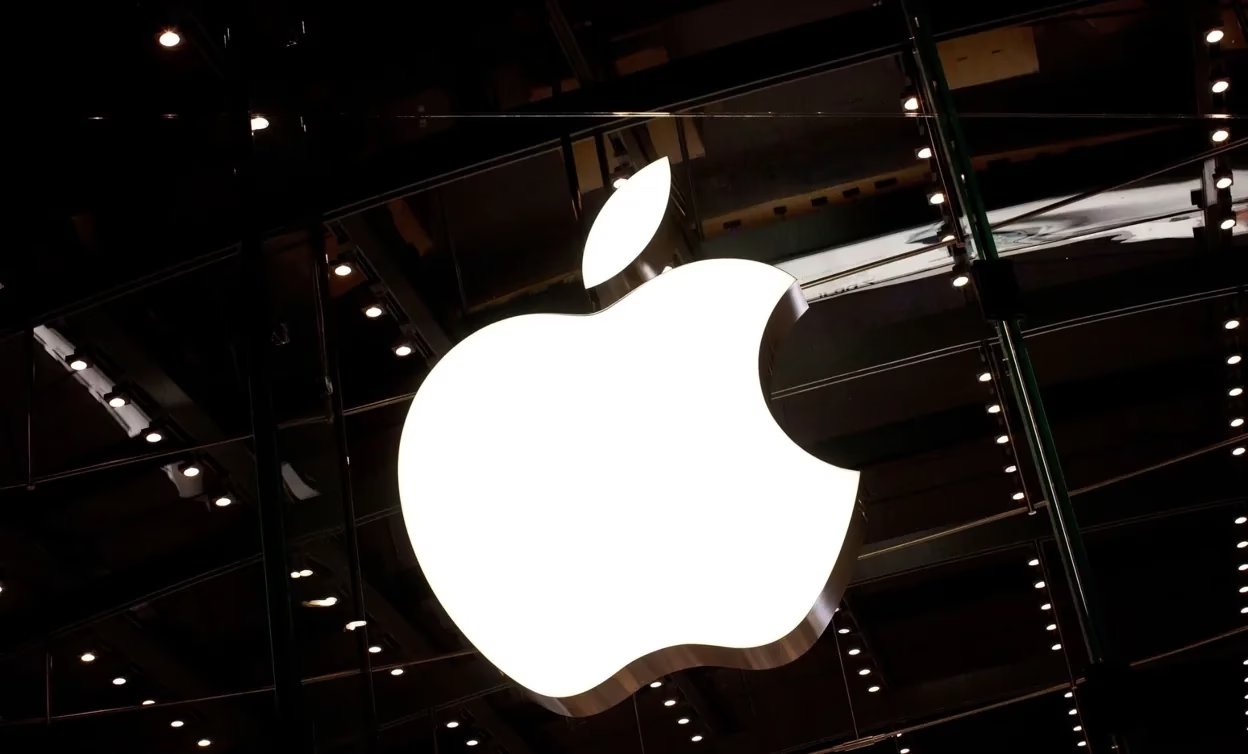Meta-owned WhatsApp has announced a sweeping update to its Business API policy, set to take effect on January 15, 2026, that will ban general-purpose chatbots from operating on the platform. The move is aimed at phasing out AI agents developed by companies such as Perplexity, Luzia, OpenAI, and Poke.
Under the new policy, AI providers will no longer be allowed to use WhatsApp’s Business Solution to deploy generative chatbots or other AI-powered conversational tools as their primary service.
In a clarification to TechCrunch, Meta stated that the change will not affect businesses using AI for customer support purposes, such as retailers, airlines, and travel agencies. WhatsApp’s Business API, the company noted, was originally designed to help organizations provide customer assistance and timely updates, not to host general AI assistants.
Meta explained that the rapid rise of large-scale AI chatbots has strained system resources due to high message volumes and complex support needs, prompting the company to reinforce the API’s intended scope and design.
As a result, third-party AI agents will no longer function on WhatsApp — leaving Meta AI as the only officially integrated conversational agent on the platform.
Industry observers believe the move also carries a financial incentive, as WhatsApp’s Business API generates revenue by charging companies per message type, whereas general-purpose AI chatbots fall outside that billing framework.
During Meta’s Q1 2025 earnings call, CEO Mark Zuckerberg referred to business messaging as “the next pillar” of the company’s revenue growth strategy.
“Right now, most of our business comes from advertising in feeds on Facebook and Instagram,” Zuckerberg said. “But WhatsApp now has over 3 billion monthly active users — including more than 100 million in the U.S. — and that number is growing fast. Business messaging should become the next major pillar of our business.”
The policy change follows a surge in activity from major AI developers on WhatsApp. OpenAI launched ChatGPT on WhatsApp last year, while Perplexity introduced its bot earlier in 2025, allowing users to query, interpret media files, respond to voice notes, and even generate images — features that significantly increased message traffic on the platform.
The new restrictions underscore Meta’s strategy to centralize AI integration within its own ecosystem while keeping control of monetization and performance capacity firmly in-house.



